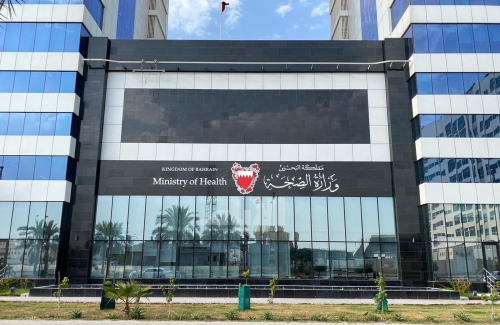Bahrain issues monkeypox isolation guidelines
TDT | Manama
The Daily Tribune – www.newsofbahrain.com
Bahrain yesterday added the rapidly spreading monkeypox virus, termed by WHO as a global health emergency, to the list of ’communicable’ diseases. Health Minister Dr Jalila Al Sayed Jawad said this makes it mandatory for anyone who contracts the virus to stay in isolation for 21 days.
The WHO supremo Tedros Adhanom Ghebreyesus had said the risk of monkeypox - which spreads via close contact and tends to cause flu-like symptoms and pus-filled skin lesions - was moderate globally, except in Europe, where the WHO has deemed the risk as high.
“This is an outbreak that can be stopped if countries, communities and individuals inform themselves, take the risk seriously and take the steps needed to stop transmission and protect vulnerable groups. The best way to do that is to reduce the risk of exposure. That means making safe choices for yourself and others.”
Bahrain’s health minister said the isolation period for a person starts with the date from which a sample is taken and returned positive. An infected person will be isolated to receive necessary treatment and to stabilise their health condition. For someone suspected of having contact with an infected person, the isolation should begin with the date of the last contact.
“Officials authorised to follow the health status of an isolated person may modify the isolation, either by increasing or decreasing the period, if necessary,” the minister said. The minister also called for implementing sanitary isolation in places determined by the Ministry of Health in a manner deemed appropriate.
Authorities will monitor adherence to isolation protocols through the BeAware Bahrain app. The virus spreads primarily through skin-on-skin physical contact, but it can also be transmitted by touching objects like sheets or towels that may have been used by somebody with monkeypox, as well as through close face-to-face interactions like kissing.
Scientists are still studying how monkeypox is spreading in this outbreak, but they say people don’t seem to be getting sick after, say, walking past someone or giving them a hug and brushing over a lesion on their skin. So far this year, there have been more than 18,000 cases of monkeypox in more than 75 countries.
Related Posts

